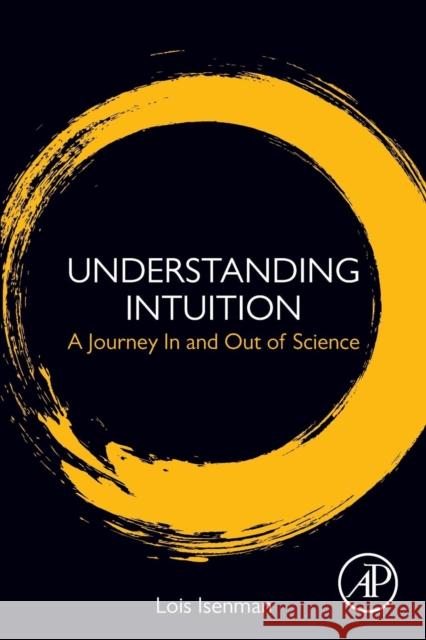Understanding Intuition: A Journey in and Out of Science » książka
topmenu
Understanding Intuition: A Journey in and Out of Science
ISBN-13: 9780128141083 / Angielski / Miękka / 2018 / 242 str.
Kategorie:
Kategorie BISAC:
Wydawca:
Academic Press
Język:
Angielski
ISBN-13:
9780128141083
Rok wydania:
2018
Ilość stron:
242
Waga:
0.33 kg
Wymiary:
22.91 x 15.19 x 1.3
Oprawa:
Miękka
Wolumenów:
01
Dodatkowe informacje:
Bibliografia











